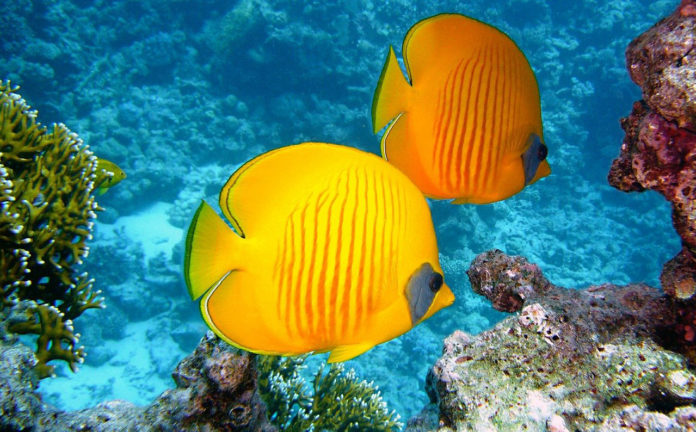Over the last few decades, the sea has become a very noisy place. The effects we saw were subtle changes, which may well have the potential to disrupt the seabass’s ability to remain ‘in tune’ with its environment.
A new study comes out by Cardiff University in Britain has shown that noise pollution has been shown to lead to “stress, hearing loss, behavioral changes in fishes. Fish stressed by noise- less likely to fight off disease. Prolonged exposure to noise pollution can lead to an early death.
Scientists noted, “Despite the impacts, how noise affects resistance to disease had remained.”
For the study, scientists tested the impact of random blasts of white noise played into fish tanks on guppy fish’s susceptibility to parasitic infection.
One group of fish was exposed to “acute” noise played for 24 hours. On the other hand, another group had the noise played for seven days. The third group had no noise.
All fish were anesthetized and infected with a parasite, either after the acute group’s noise exposure or during it for the chronic group.
Scientists found that:
1. Fish exposed to acute noise had the highest disease burden over a 17-day monitoring period.
2. FIsh in the chronic group were more likely to die earlier—at day 12, compared with day 14 for both other fish groups.
Co-author Numair Masud said, “The findings could have implications for conservation efforts and fish farms, where the species being reared are highly susceptible to parasites.”
“Freshwater fish, in particular, are facing unprecedented levels of species loss.”
“Ultimately, our study highlights the need to keep sound pollution to a minimum to prevent increased disease susceptibility and mortality levels.”
Journal Reference:
- Noise pollution: acute noise exposure increases susceptibility to disease, and chronic exposure reduces host survival, Royal Society Open Science (2020). DOI: 10.1098/rsos.200172
